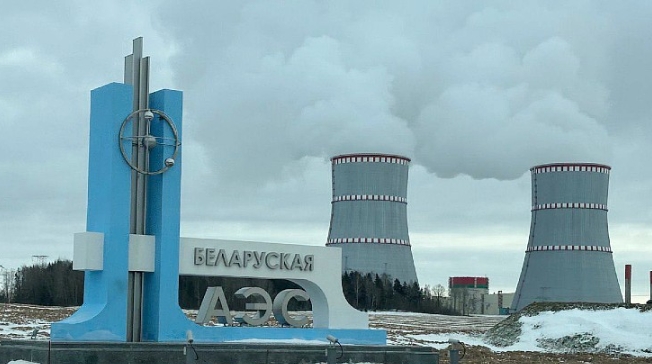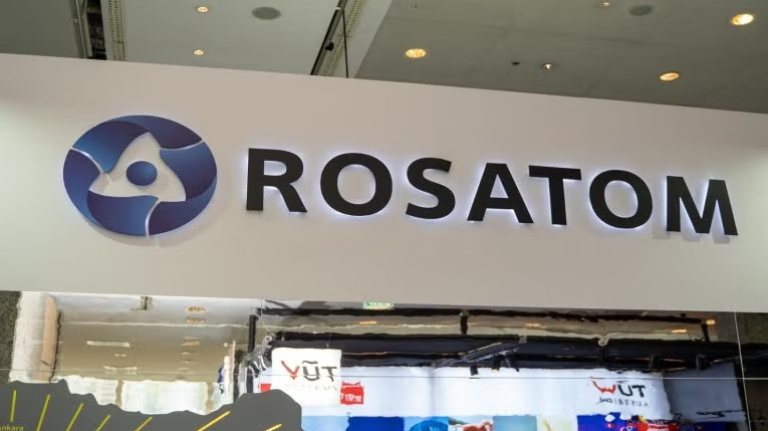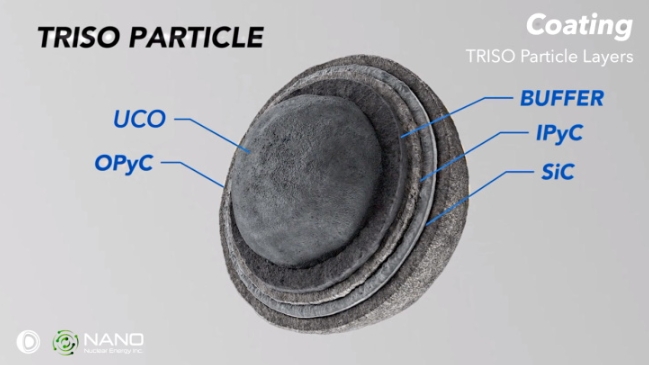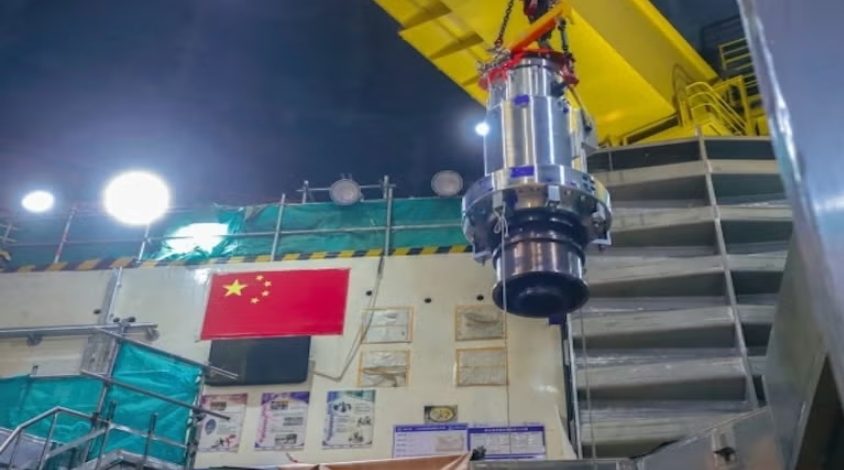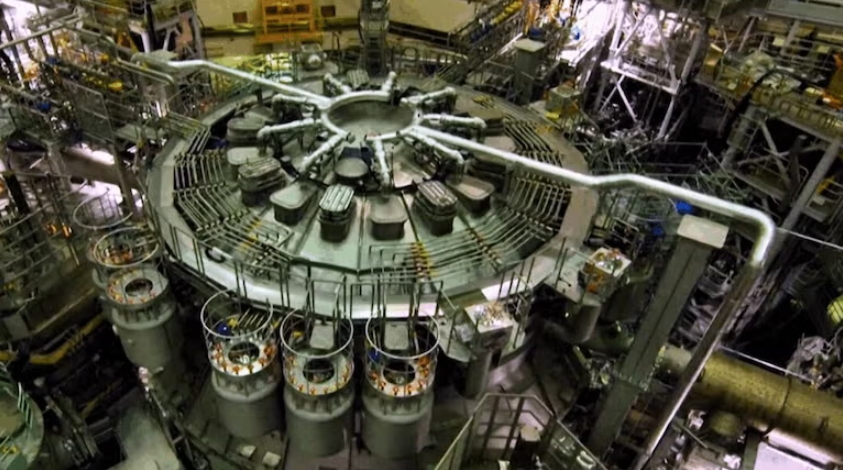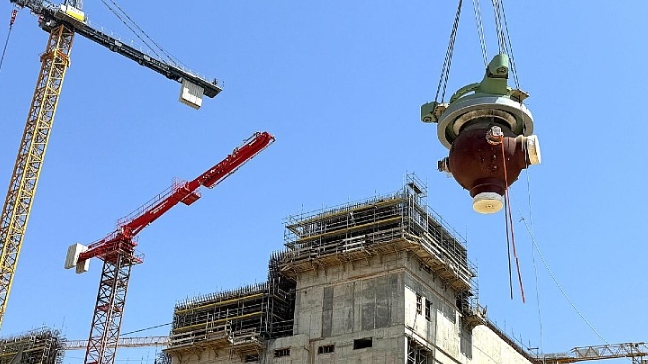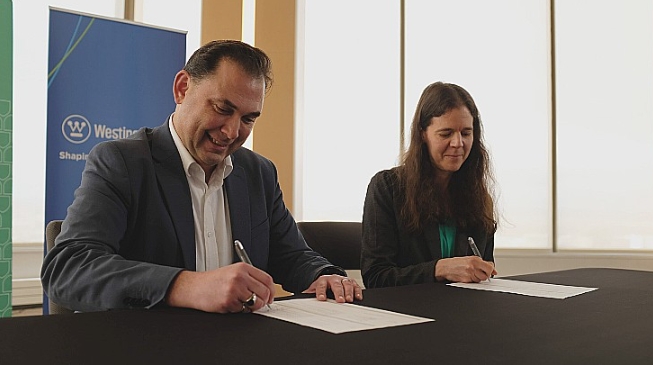Twenty national and international nuclear industry associations have issued a joint statement in support of the Nuclear non-Proliferation Treaty (NPT) and are calling on signatories to the treaty to support the transfer of nuclear technology for peaceful uses among those meeting their commitments under it.
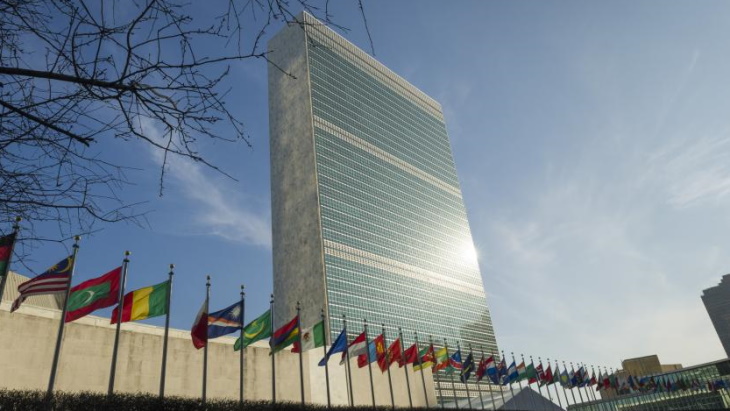 The UN headquarters in New York where the tenth review conference of the NPT is under way (Image: UN)
The UN headquarters in New York where the tenth review conference of the NPT is under way (Image: UN)
Coming into force in 1970 and made permanent in 1995, the NPT is often described as the cornerstone of global efforts to stop the spread of nuclear weapons. In effect it is a deal by which countries that held nuclear weapons before 1968 promised to take steps towards permanent disarmament, while nations without atomic weapons promised not to develop then. A total of 191 states have joined the NPT, including the five nuclear-weapon states (China, France, Russia, the UK and the USA). The International Atomic Energy Agency (IAEA) is charged with the responsibility of verifying the compliance of the non-weapons states, as well as aiding them in the peaceful uses of nuclear energy.
The NPT allows for the parties to gather every five years to review its operation. The tenth such review is currently being held at the United Nations headquarters in New York.
Today a statement representing the views of 20 national and international industry associations supporting the peaceful uses of nuclear technology was handed to Ambassador Gustavo Zlauvinen, president of the Tenth Review Conference for the Nuclear Non-Proliferation Treaty, by World Nuclear Association Director General Sama Bilbao y León. The statement expresses their collective support for the NPT as a cornerstone of their industries.
The statement notes that Article IV of the NPT "sets out the inalienable right of all States Parties to develop research, production and use of nuclear energy for peaceful purposes, and calls upon States Parties to cooperate to further develop the applications of nuclear science and technologies for peaceful purposes.
"We therefore urge governments to firmly embrace nuclear technologies in their post-COVID economic recovery and energy transition plans, and to support policies to ensure the realisation of their many benefits in accordance with the United Nations Sustainable Development Goals (SDGs)," the associations said.
The statement said the industry recognises that the NPT provides "the underpinning framework for universal access to nuclear technologies for peaceful nuclear applications" and it looks forward to "continuing to support the implementation and fulfilment of the responsibilities" set out in the treaty.
The industry associations reaffirm their commitment to: supporting the important role and programmes of the IAEA; facilitating implementation of international legal commitments, safeguards agreements, additional protocols and regional and bilateral accords providing for IAEA verification; exposing insecure or illicit practices regarding nuclear and radioactive material management; incorporating safeguards, safety and security measures into the design of new nuclear facilities; appropriately managing used nuclear fuel; supporting the delivery of the UN SDGs; and maintaining a high degree of safety and to ensuring the responsible and sustainable development of nuclear technology in the future.
The associations called on the NPT States Parties to "acknowledge that nuclear energy and technologies are essential to sustainable development" and to support the IAEA's activities and actions to expand and sustain access to peaceful uses as well as to promote the safety and security of all civilian nuclear facilities for peaceful uses.
All States Parties that meet their obligations under the NPT have a right to access peaceful nuclear techniques and applications, the statement says. The open and transparent exchange of safety-related information is essential to the peaceful uses of nuclear technology, it adds.
The States Parties must also "develop the potential of civilian nuclear technologies for peaceful purposes via an integrated approach involving the IAEA, UN agencies and other multilateral organisations, including the international development banks". The associations also called for the "timely and efficient" harmonisation of regulations that will facilitate a broader access to peaceful nuclear technologies.
Signatories to the statement include: China Isotope and Radiation Association, Canadian Nuclear Association, Canadian Nuclear Isotope Council, Council on Radionuclides and Radiopharmaceuticals Inc, Czech Nuclear Association, International Committee for Non-Destructive Testing, International Irradiation Association, International Source Suppliers and Producers Association, Japan Atomic Industrial Forum, Korea Nuclear Association, Nuclear Energy Institute, Nuclear Industry Association, Nuclear Medicine Europe, Nucleareurope, Source Security Working Group, Urenco, United States Nuclear Industry Council, World Association of Nuclear Operators, Women in Nuclear Global, World Nuclear Transport Institute and World Nuclear Association.

